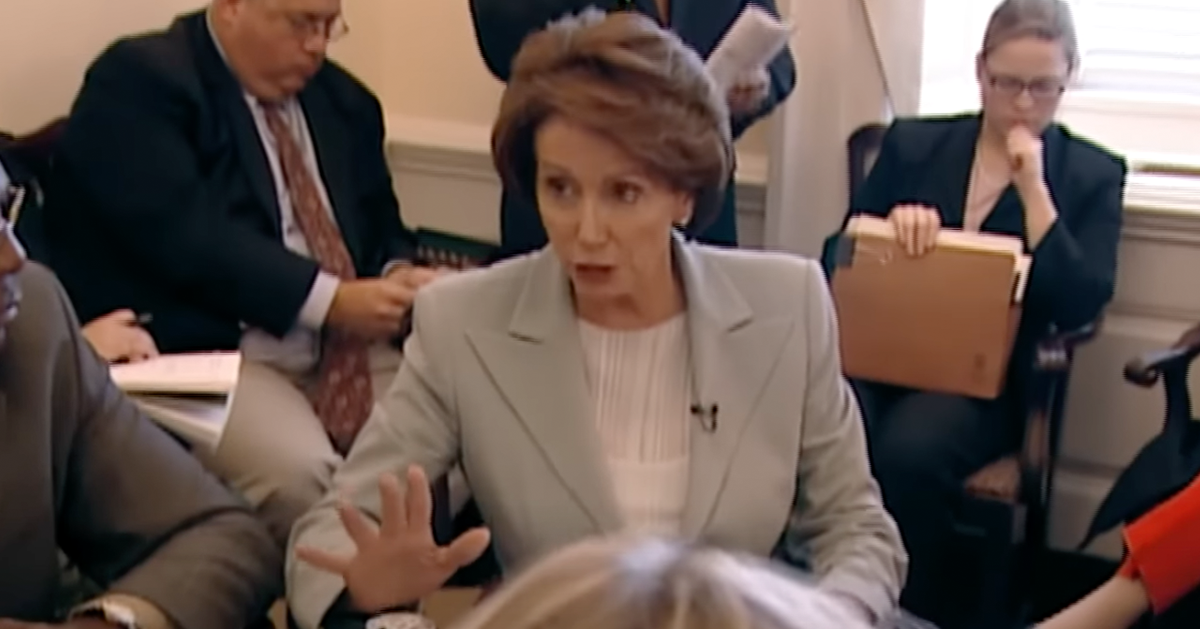Nick Cannon Opens Up About Mental Health Diagnosis
Nick Cannon, a well-known television host and music personality, has recently disclosed his diagnosis with Narcissistic Personality Disorder (NPD) during a podcast episode.
Cannon shared his condition on his podcast Counsel Culture as part of his ongoing commitment to improve his mental health through therapy, as the Daily Mail reports.
The 44-year-old entertainer, who is a father to 12 children with six different women, has taken the bold step of discussing his mental health openly, shedding light on his struggle with NPD.
Cannon described how he "kind of always wanted to get tested" for mental health issues and acknowledged previous diagnoses of ADHD and dyslexia during his childhood. Recognizing his journey, Cannon emphasizes embracing therapy and mental health positively.
An Inside Look at Cannon's Mental Health Journey
Narcissistic Personality Disorder, a condition requiring intensive therapy despite being considered lifelong, is characterized by an amplified sense of self-importance and empathy challenges.
In Cannon's revealing discussion, he addressed the challenges he faces, understanding his neurodivergent identity. Cannon acknowledged that these labels, while numerous, are part of his healing process. He explained, "I just embrace mental health and therapy in such a strong way," reflecting his proactive stance.
Cannon's revelations included past discussions about his symptoms with psychologist Dr. Cheyenne Bryant on his podcast.
The disorder often intersects with conditions like depression, anxiety, and substance use disorders, highlighting the complex landscape he navigates. In the United States, an estimated five percent of adults have NPD, with a higher prevalence in men.
Cannon's self-awareness and willingness to share his story signify a significant step towards destigmatizing mental health issues, particularly among high-profile individuals. As Cannon persists with therapy, his public acknowledgment serves as an example of vulnerability and resilience.
Parenting Challenges and Personal Insights
Amid his personal revelations, Cannon also delved into the intricacies of his family life, addressing how being a father influences his mental health journey.
"I'm a father, first and foremost," he emphasized, highlighting the guilt he feels over not spending enough time with his children. His large family includes twins Monroe and Moroccan with Mariah Carey, and children with Brittany Bell, Abby De La Rosa, Bre Tiesi, LaNisha Cole, and Alyssa Scott, among others. The circumstances make balancing time with his loved ones a genuine challenge.
Cannon's candid conversation touches on the uniqueness of each child, as he affirms that it is not a competition but an individualized relationship with each one. "It's never a competition. Each one is special," he said, reflecting on his nuanced perspective as a parent.
The loss of his son Zen, who passed away from brain cancer, and the joy of welcoming daughter Halo Marie with Alyssa Scott, encapsulate the spectrum of emotions embedded in his family life.
Despite his noteworthy success in entertainment, Cannon acknowledges that "I feel like there's so many labels out there," but maintains that healing is what matters.
Cannon’s Public Engagements and Future Directions
Beyond personal challenges, Cannon remains committed to social involvement and philanthropy. Recently, he participated in serving over 4,000 meals at a Los Angeles charity event during Thanksgiving, illustrating his dedication to community service.
As Cannon continues to navigate his mental health, his willingness to openly share his process sets a precedent for others, both in his industry and beyond.
His decision to embrace therapy underscores a profound personal and public evolution. "To be able to say I'm an example for others, but also be healing during the self-process works too," Cannon expressed, underscoring his dual role of leadership and personal development.
While Cannon's story underscores challenges many face privately, it also serves as a powerful reminder of the impacts of acknowledgment and support on individuals grappling with similar conditions. His experience indicates the importance of ongoing dialogue surrounding mental health, encouraging more people to seek help when needed.





